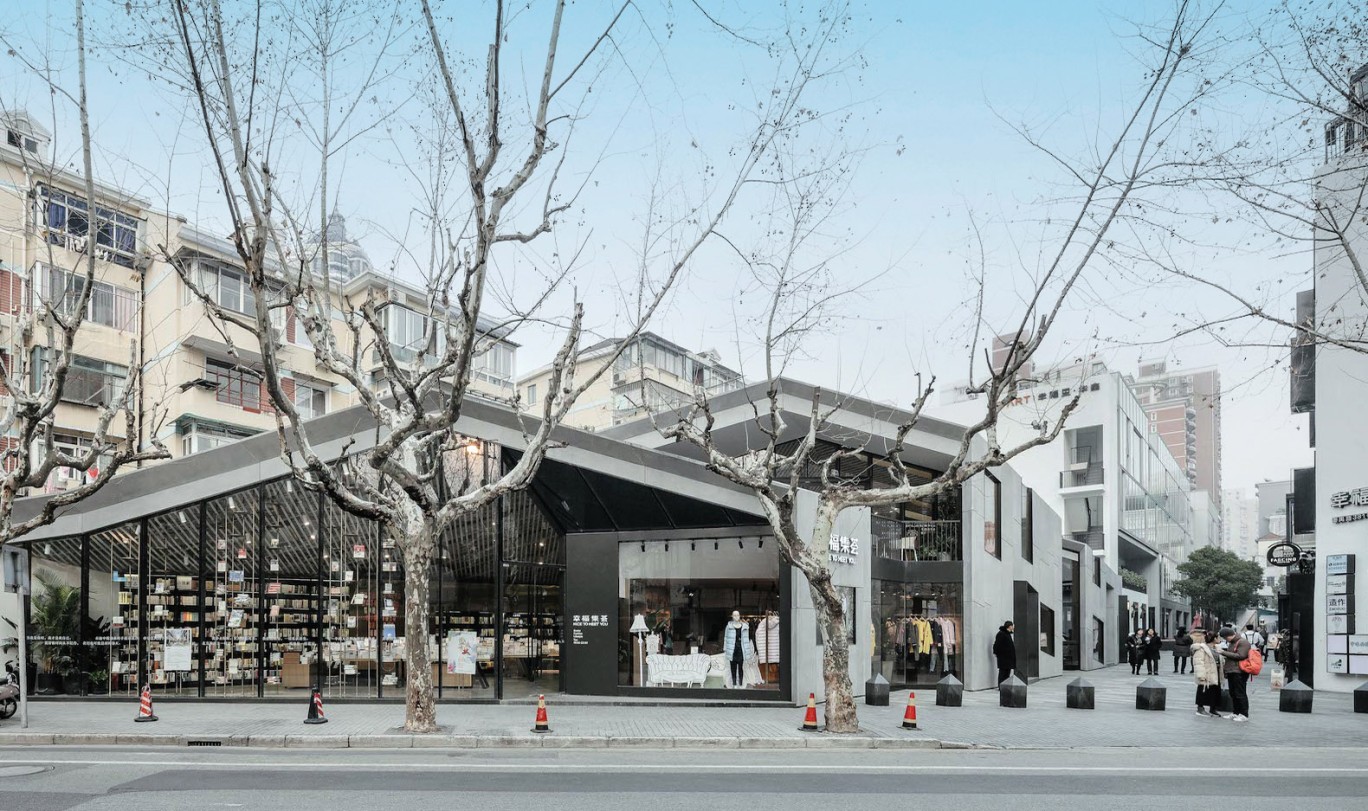Local & Transcultural
Shortly after their foundation 15 years ago, the young architects of playze attracted attention with the project Tony's Farm and as local partners of the German pavilion for Expo 2010, both in Shanghai. Meanwhile, playze developed into a successful diverse architecture network founded by Pascal Berger from Switzerland, He Mengjia from China and Marc Schmit from Luxembourg. In 2021, they expanded their studio network by founding playze timber in collaboration with Maximilian Schröder as co-founder, focusing on the design of rigorously sustainable timber projects.
Team members from 14 different countries work in three studios, based in Berlin, Basel and Shanghai. While these individual “architectural embassies“ specialize in and operate within their local environments, the network is international and transcultural. The great openness to understand different ways of work combined with structured communication characterizes playze and enables them to operate with and mediate between different cultures. The acquired knowledge and explorations of cultural differences are the breeding ground for their design work.
The exhibition presents an insight into the experience of the studios, which are associated with a high degree of social compatibility. Typical building themes and common working methods are critically questioned and tested for their practicality, while profound, complex, almost philosophical theses leave room for many stories from different perspectives.
Under the title Local and Transcultural, playze pose questions about economics, politics, mobility, digitalization, globalization and environmental protection, culture and social issues and answer them with stories from their building processes and experiences.
These offer a very individual as well as extraordinary insight into the projects and take the visitor on a journey with the hurdles around the planning, implementation up to the realization of the buildings. The stories show that playze develops creative solutions to unforeseen problems and adapts to local conditions. As each question is answered with an example of a project, the visitor gets an overview of the extensive oeuvre.
The exhibition is divided into two rooms. The first room welcomes visitors in a coffee house atmosphere with an open kitchen. Monitors are placed at the tables as "table neighbors" where project participants from around the world share their experiences and provide a behind-the-scenes look at issues such as cultural misunderstandings, copyright infringements, legal disputes, but also positive surprises. On various occasions during the exhibition period, food will be prepared in the kitchen and shared with invited guests, creating a space for casual discussion and interaction.
In the second exhibition space, eight projects are presented as complex axonometric art drawings printed on large wooden panels, while additional working materials, sketches, models, films and other fragments are displayed on long tables, giving an insight into the process of creation.
